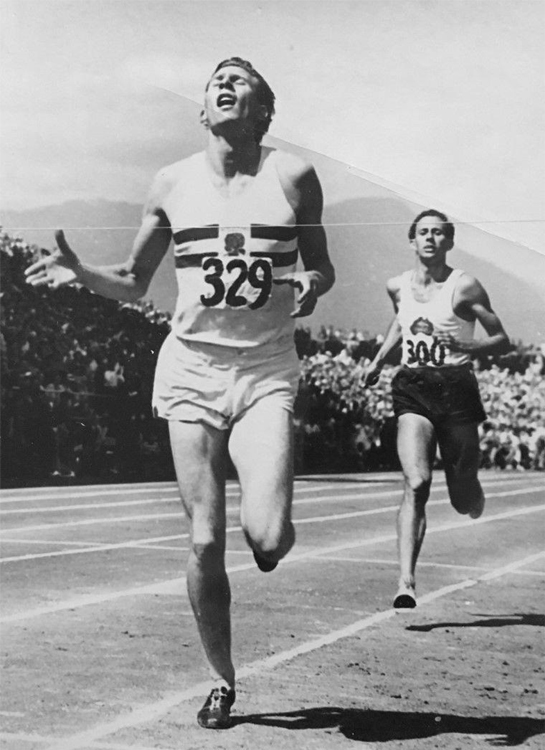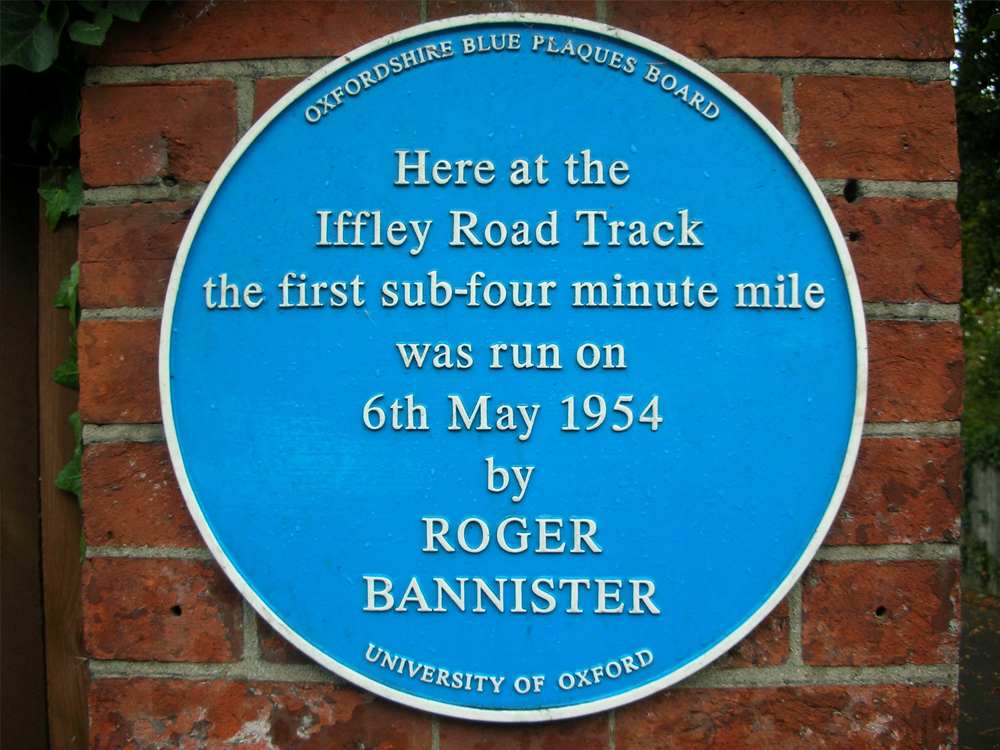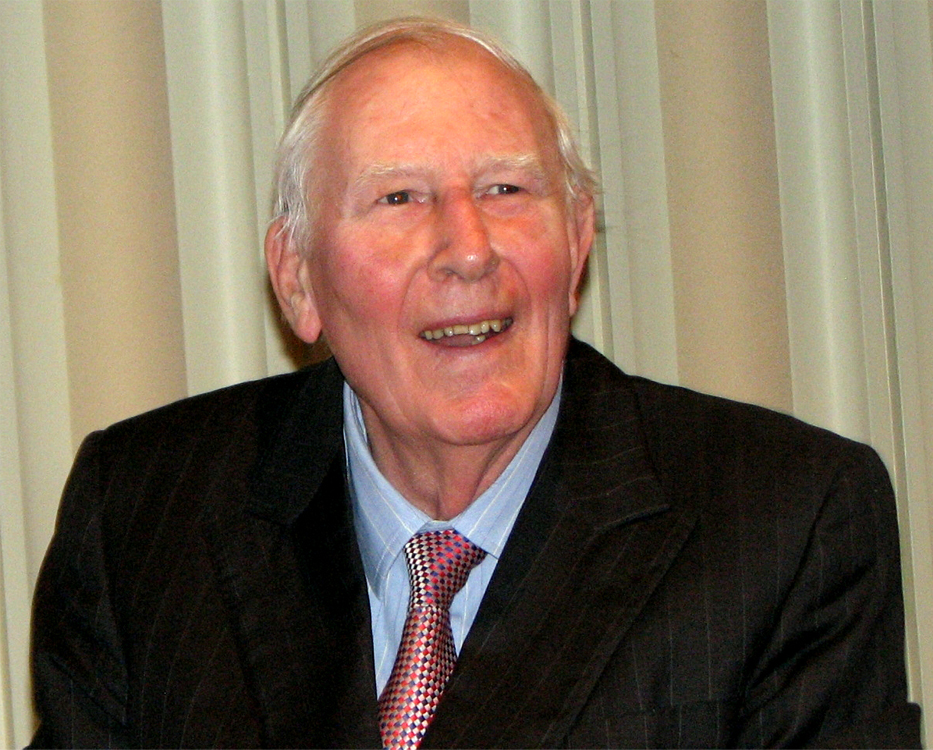You don’t have to run a four-minute mile…
…to follow in the footsteps of Roger Bannister.
On a windy day in May 1954, a 25-year-old medical student broke track and field’s most famous barrier – the four-minute mile. Roger Bannister won fame at Oxford’s Iffley Road track, with a time of 3 minutes and 59.4 seconds.
Bannister, who’d been born into a working-class family, showed promise in education as well as running. After retiring from athletics, he enjoyed a long and distinguished career as a neurologist. He made the Queen’s Honours list twice for his contributions to sport. Then, in his 70s, he returned to his studies – by taking short courses at Oxford University’s Department for Continuing Education.
Bannister knew that mental fitness carries many of the same benefits as physical fitness, including improved health, mental resilience and longevity. As a research neurologist, he would have understood brain plasticity – how a stimulated brain forms new synaptic connections at any age. Many studies (including one published in The Lancet in July 2017) cites educational attainment and lifelong learning as among the most important factors in preventing one-third of future dementia cases.
Among the topics Bannister explored as an adult learner were the philosophies of Hegel and Wittgenstein, the politics of Asia and America, the making of modern Europe, the history of the Cold War, and the archaeology of Roman Britain.
He went on to complete a longer course too – an Undergraduate Diploma in Creative Writing. Bannister joked with his poetry tutor that writing a villanelle was harder to achieve than breaking the four-minute mile.
For most of us, breaking a record in track and field is off the table – but lifelong learning is always well within reach. You can follow Sir Roger Bannister’s example at Oxford, choosing from more than 1000 short courses and longer programmes, taught both in Oxford and online.
Learn more: www.conted.ox.ac.uk



Tell us your local news here








